An email arrived in my inbox from an expert in the marketing industry.
It was something I had subscribed to. This particular message caught my eye, because it wasn’t about marketing, it was about something entirely different. The year is 2009 and this is the first time someone described “minimalism” to me.
For quite some time I had an underlying dissatisfaction with the Western consumerism-driven mindset. I found it extremely self-focused, which tended to clash with my overall worldview. But this particular email had eloquently put into words exactly what I felt… That the best things in life aren’t things.
It’s important to understand the reduction of physical possessions is often a result of minimalism, not minimalism itself. Fundamentally it’s an inward journey that manifests itself externally. The essence of this way of thinking is about establishing priorities - well-balanced priorities. For me eliminating many of the “things” I had accumulated was as much a symbol of my transition as a part of it. Three years later I am starting to see the fruits of my journey towards minimalism. If you don’t know what a minimalist lifestyle is, here is a quick run-down. The result of a minimalist lifestyle could be described as getting rid of possessions you don’t want or need, living in an uncluttered, simple environment in an uncluttered, simple life. Living without the obsession of material things so that you can focus your time, energy and money on the things that are the most important to you. It’s not about being poor or boring or having an empty, sterile house, instead it’s a philosophy about clearing away all but the most essential things which bring the most joy. In my case, that’s my wife, my kids, travelling, learning and having new experiences, as well as having more time for spiritual development.
For most folks this can be quite a daunting concept considering that we are conditioned from the time we can walk that having the next, brightest, biggest and best toy will make you happy. It starts with action figures and Barbie dolls as children and leads to convertibles and houses as adults. Don’t get me wrong these things are nice, I have them, but once I achieved some material success, in a typical Western sense, it became clear that I was spending too much of my time and energy maintaining these things.
When Erin and I sat down to work out how much of our budget we spent on cars including the insurance and registration, the finance and petrol, and then equate that to the number of hours I was required to work to pay for that, it made my stomach churn. The simple yet profound thought was if I could do away with some of these things, the amount of time I would need to work would also be proportionally reduced. Thus freeing up time to spend with my wife and kids and sharing experiences we enjoy and love.
Over the last few years we travelled around South East Asia and the obviousness of the flaws in the Western consumerism, high-paced lifestyle were highlighted to me. One journey to Bali, Indonesia jumps to mind. There I noticed the average individual did not feel the need to work a 40-hour week to support their family. They lived a simple life and merely worked to meet their needs and for enjoyment. They didn’t spend their money on ridiculous tidbits just because everyone else did that. And yet, they seemed happy and content. This made me question why is the Western norm of working 40-hour weeks so sacred and why do I feel if I work less that I am not doing enough and I am lazy? Don’t get me wrong, I strongly believe it’s important to contribute to society and doing some kind of worthwhile work is healthy emotionally and physically. But why do it to excess just because everyone else in your country does?
This thought process meshed neatly with what I was learning about minimalism. By freeing myself from the grip of a cycle of wasteful spending, I also was freeing myself to live life at a much more comfortable and enjoyable pace.
Even though it’s an easy concept, I have to admit going from the concept to reality took quite a bit of time, planning, commitment to the process (and convincing of the wife), but I am happy to say that the results are definitely worthwhile. I haven’t arrived yet. Minimalism a journey, a path to be walked, but at least I’ve now started and the hardest part is out of the way - actually getting started!
So what’s the upside? There are so many benefits to minimalism: lower stress, less debt, less cleaning and maintaining, a less cluttered schedule, more time for loved ones and doing things that give you joy. It’s also easier to be healthier. There’s more time to exercise and enjoy healthy meals, so you don’t rely on fast food because of a lack of time. So I definitely recommend it for most people, but understand that the vast majority simply won’t be able to get their mind around it.
Minimalism a mindset that goes against years of conditioning which isn’t easy to break. Some people can go through a grief period as they used to find value and satisfaction in the action of collecting possessions, now look inside themselves to find self-worth and satisfaction at a much deeper level.
I found it helpful to have a plan. Sit down and think about what things you enjoy most in life. Take your time, there’s no rush. Let that list marinate in your mind for at least a month or two and come back to it and see if it’s still relevant. You might want to add some items to the list or remove others. You might find it also helps to visualise what your perfect day would be like and record it in a way that makes sense for you. It could be writing, drawing, taking photos, or just saying it out loud to a close friend or loved on. You may be surprised, the activities you enjoy the most may cost nothing or be very cheap.If it is something that interests you and you’re interested in starting this process, there isn’t really a set of rules to follow to become a minimalist and every person can have a unique journey. But in general you want to live simply without too many possessions, distractions, clutter or waste. You want to live debt-free, sustainably, naturally. If you need somewhere to start, here’s some tips.
Next, make a list of what things need to change to remove from your life and what things need to be added. This could be downsizing your house, getting rid of that 2nd car, changing career, further education or even relocating to a different country. There’s no better way to detach yourself from the grip of your positions if you can only take a suitcase of the most important things with you. If you want to test the waters, why not go on a holiday to your dream destination for at least 3 weeks (the longer, the better) with the mindset of this is how you will live long-term and see what life is really like. Lastly, a transition plan is the most important step. This is where a dream becomes reality. Break your transition plan into small bite-sized steps and assign a timeframe to each task. Give yourself plenty of time. If you need accountability, give your list to a close friend or loved one and ask them to check your progress regularly. My transition plan was spread over 8 months. It was really rewarding to tick tasks of my list as I knew each time I was one step closer to my goal.
As we’ve been travelling, Erin and I have connected with a number of great people on a similar journey of minimalism. It’s so interesting to see how varied their backgrounds and journeys have been, but all seeing similar results – living more deeply satisfying, rewarding lives.
Remember, we don’t get brownie points when we die for owning more stuff than the other guy, nor do we get a gold star sticker for owning less than someone else. But the rewards of a minimalist lifestyle can be enjoyed everyday, memories created and stored, moments shared and enjoyed. After all the best things in life aren’t things at all.
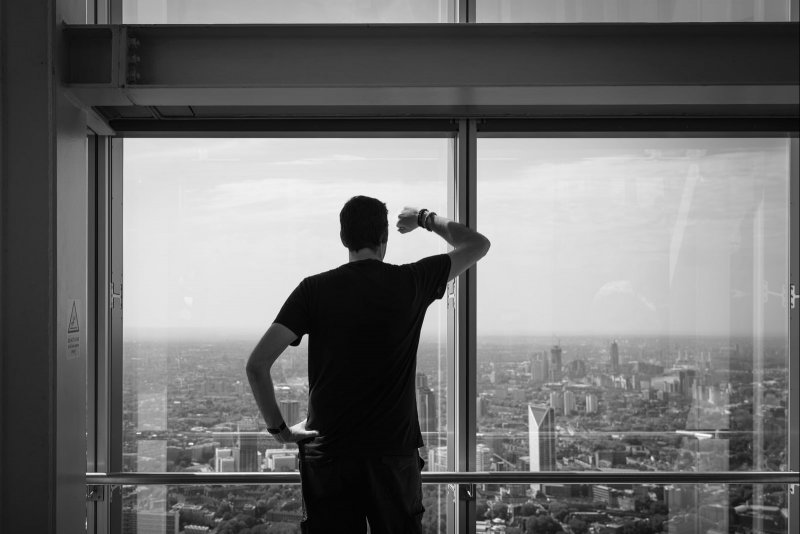
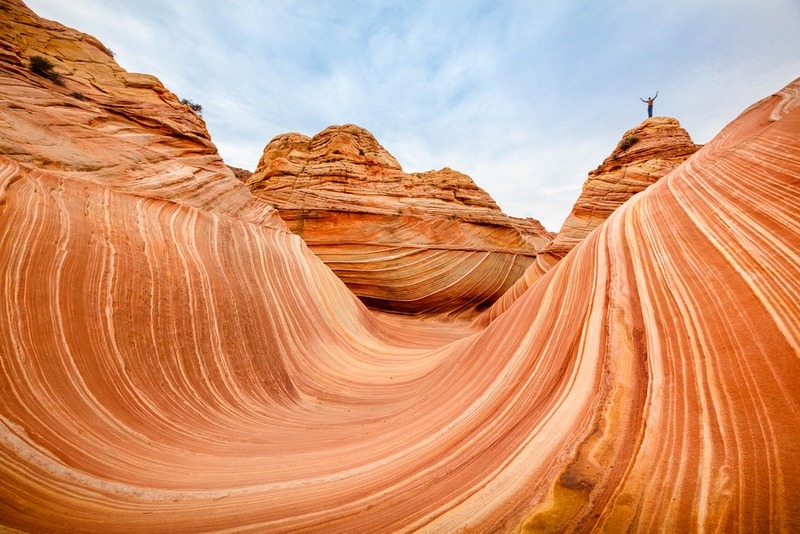
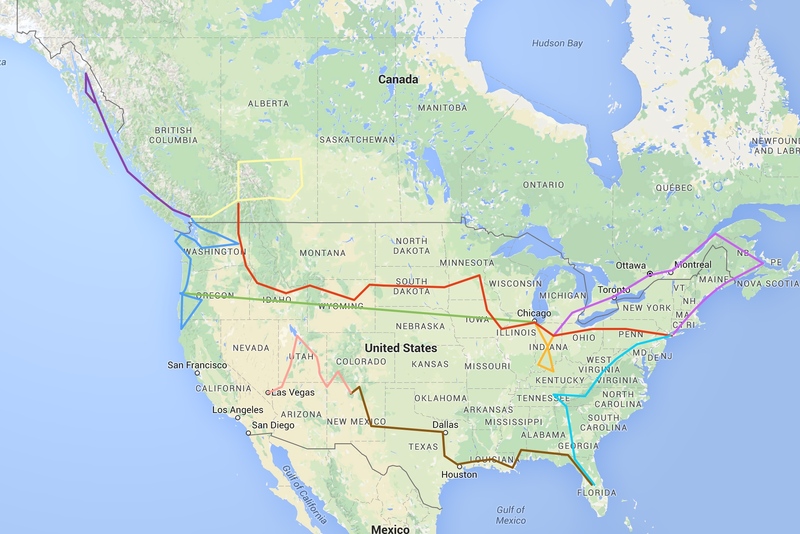
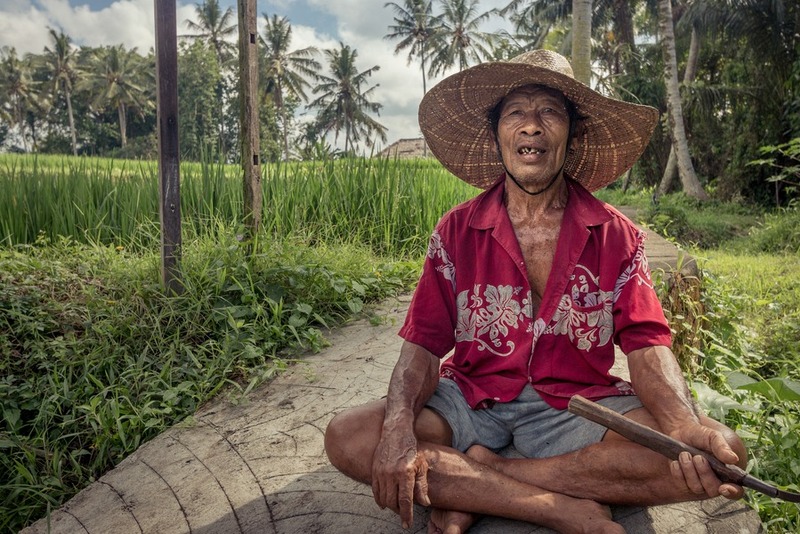
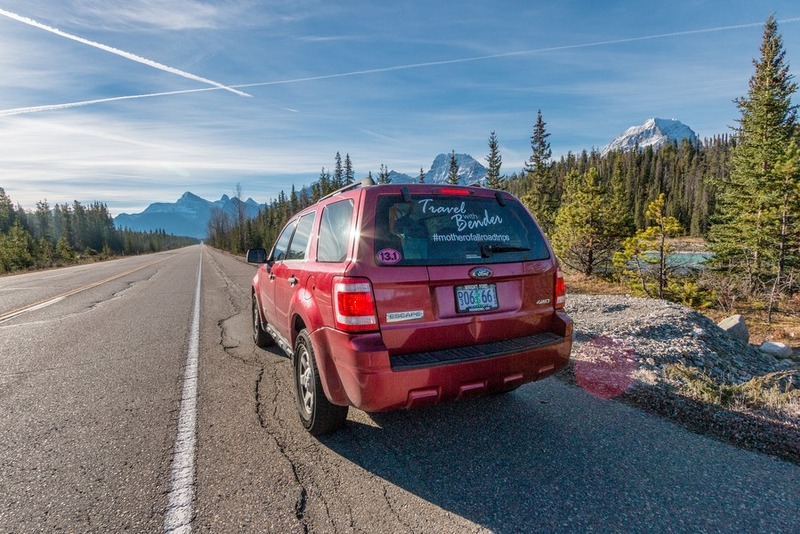
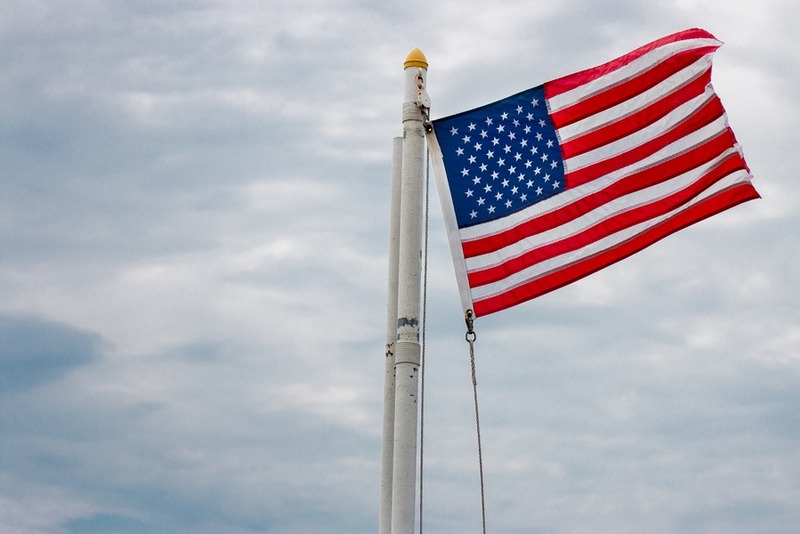
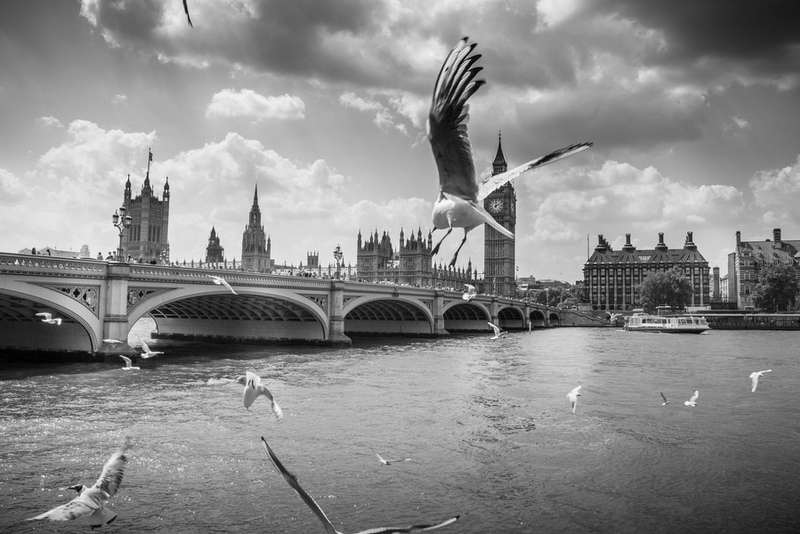
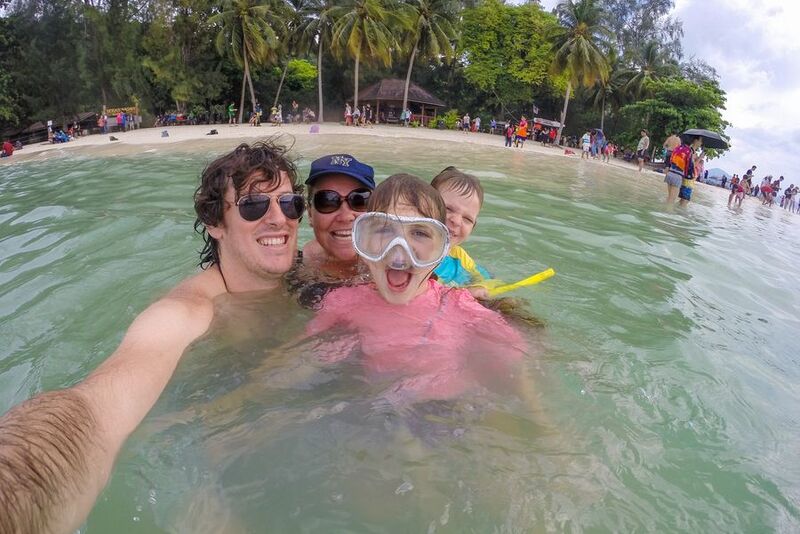
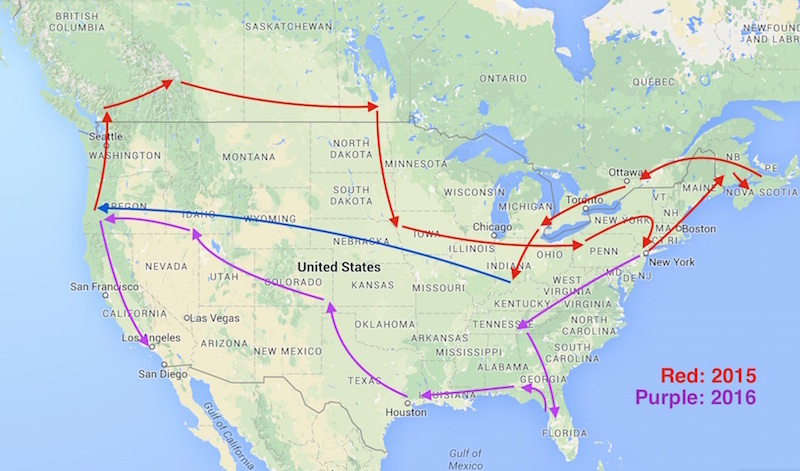
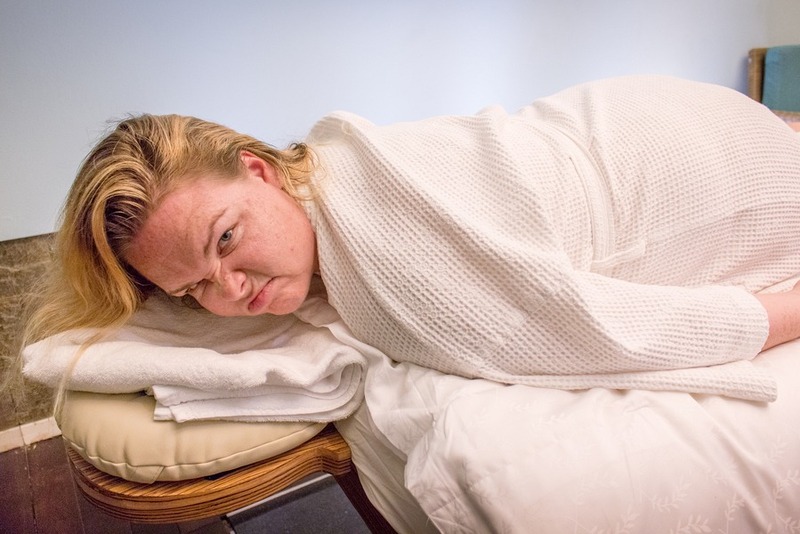

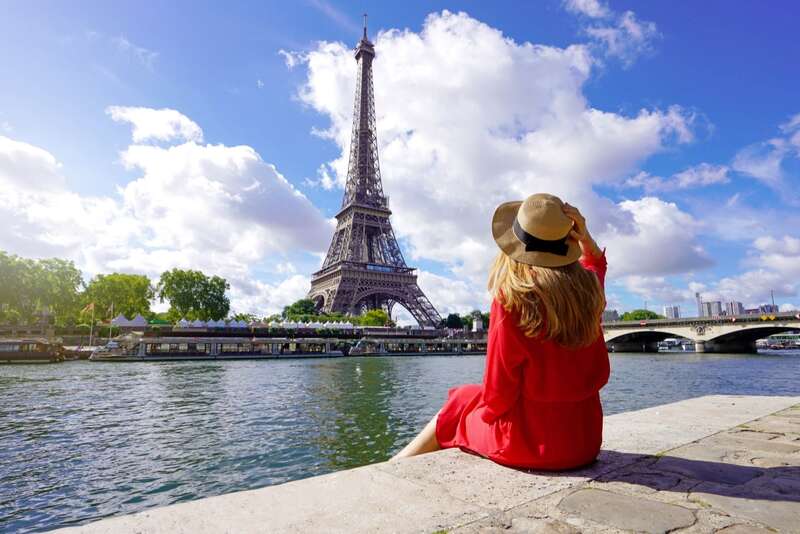

Reader Comments...
"I respond to every comment by direct private email. I look forward to your feedback" - Josh BenderLove this Josh, so eloquently said! It is a similar journey that my family has been on for years now only heightened by travel and how we see the rest of the world living. So glad that more and more people are seeing the benefits in this mental reality shift!
This sounds like a great lifestyle change! ...But I can't help but think that by living in countries of lower socio-economic status while making your income in high socio-economic countries, you lose the right to justify your stance against the western consumer driven mindset (because you are directly benefiting from it- arbitrage in a way.) It is great to step out of the rat-race, but never forget it is the rat race which exists in the countries you get work from, that is allowing you to live so comfortably in the lower socio-economic countries you travel through.
Thanks for your great feedback.
@Jarad, I know exactly what you mean and it was a thought I struggled with for a while. I felt bad initially knowing that my lifestyle was only possible because of what I perceived as hardships by people who live in countries where their quality of life wasn't as high as mine. But after getting to know a number of people in Indonesia on a more personal level it helped me to see things from their perspective. I asked the question who is really taking advantage of who? I found that even though the average wage for a Balinese is only around AUD$3-$3.50 per day, they really didn't need much to live on, and they were content with that. Sure they weren't driving flashy cars, but they didn't really want that. This meant that a local shop owner could make 1 sale from a rich Australian and then relax for the rest of the day knowing that their required sales target had been achieved. Sometimes days would go by without a single sale, and then a busload of rich white folks would spend a couple hundred dollars in their shop and their entire month's sales target was achieved. After a while, I realised that they were taking advantage of me just as much as I was of them. They were living the 4 hour work week - not me! I've also meditated long and hard about the Western way of life. Even in our own countries, there are richer people taking advantage of lower income earners who rely on their next paycheque to make ends meet. This is modern slavery. But you're right - not everyone can do what we do. As far back as history goes there was always a small minority of the population taking advantage of the greater masses. It's engrained in humanity. Something I'll write about in a future blog post, but a fascinating topic. Thanks for writing and I appreciate you reading our blog.
Josh - LOVE this one! We have sold off so much to downsize into our Motorhome :)
And really we didnt miss any of our stuff that we did not need or use! Most of the stuff that we had collected over our years of living in far too many houses was a waste of space - collecting dust and not even being used.
Now we are living with what we need, and it feels so good Its amazing how little we do need in our life to live fully! Imagine if everyone realised this? imagine how many families would benefit from experiencing life rather than life making them work harder :)
I would not confuse living more simply with minimalism. Minimalism reduces everything down to the bare necessities for oneself and therefore is self-centred in its focus. For the minamilist the question is always, what value does this have in my world rather than what value can I bring to other peoples world. This applies not only to 'things' but also to people.
I choose to be part of community rather than only concerned about myself. This brings with it certain responsibilities for those around me and more broadly nationally and globally.
To have a greater impact in improving the lives of those less fortunate, I choose expansionism rather than minamalism. This allows me to support my family, my community and contribute to the global community.
Consumerism is as self-centred as minimalism because it's all about the things I can own. But don't confuse living a simpler life with living a selfish life.
@bigkahunah I find the concept of minimalism, like many things in life, is open to interpretation. I've seen people execute it in their lives in different ways. But the general principle behind it is neither selfish nor selfless. It is a structural part of a worldview - a way of seeing life. Just like any tool, it is up to the person wielding it to determine weather it's used for selfless or selfish purposes. I personally try to implement it for selfless purposes, so I can spend more time with my family and more time connecting with friends, and helping other people to make this a better world. The more liberated my time is, the more I can focus on people around me who need help. Choosing to be part of a community is completely independent of the idea of minimalism. Travelling and minimalism work well together because I'm forced to only carry with me the bare essentials, but there are plenty of folks living a minimalistic lifestyle who are sedentary. Two completely different things.
@bigkahunah After re-reading your message, I think the other point of confusion is the money aspect. I agree that the ability and capacity to help those in need increases when disposable income increases. So my interpretation of minimalism does not mean having little or no money. If anything, we should have more disposable income by reducing our outgoings. And with that surplus being able to give more towards where it is needed and helping those less fortunate.
I fully agreed with this, things are not important part of life. Happiness and enjoyment are also most important part of life. If you buy the different-different things, you can only buy things for happiness and enjoyment so don’t think about the things or goods and enjoy each and every movement of life. :)
Write Your Comment
Please DO NOT include links, URLs or HTML in your comments - they will be automated deleted and you will waste your time.